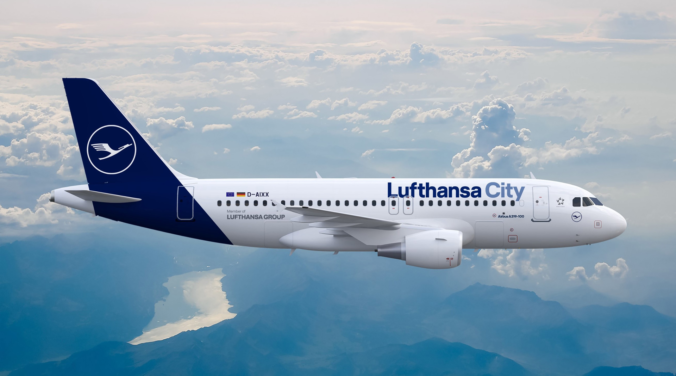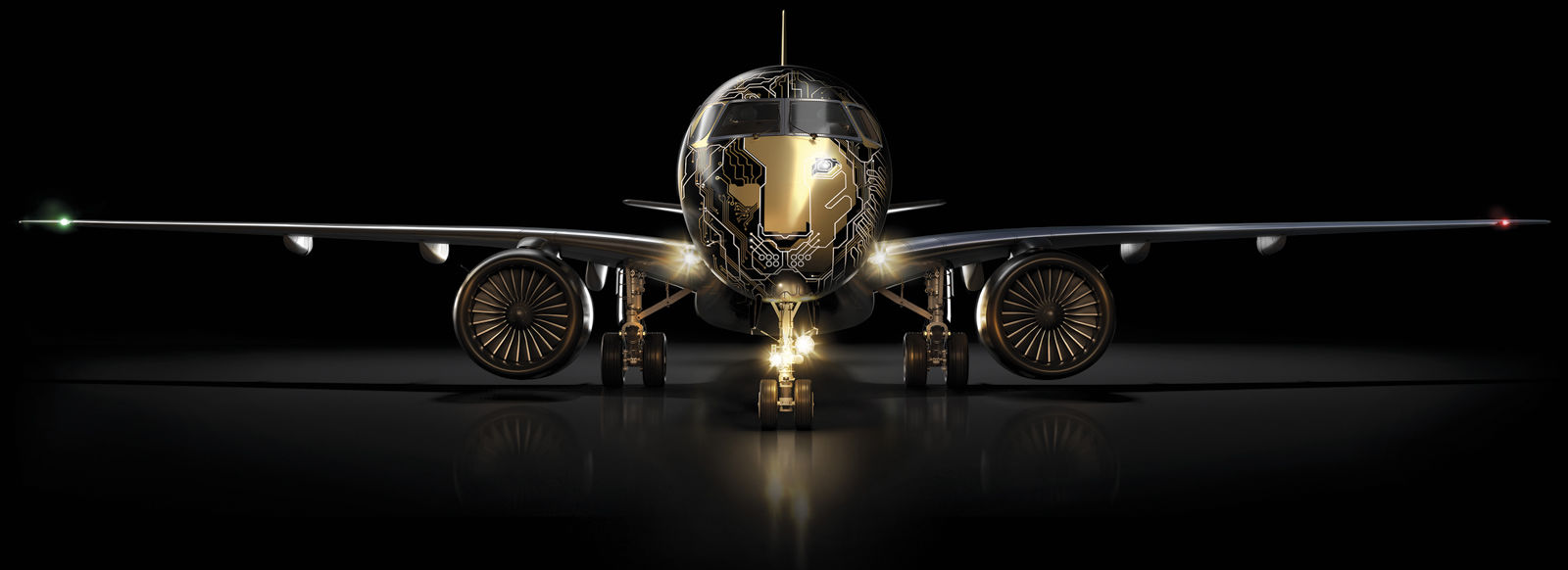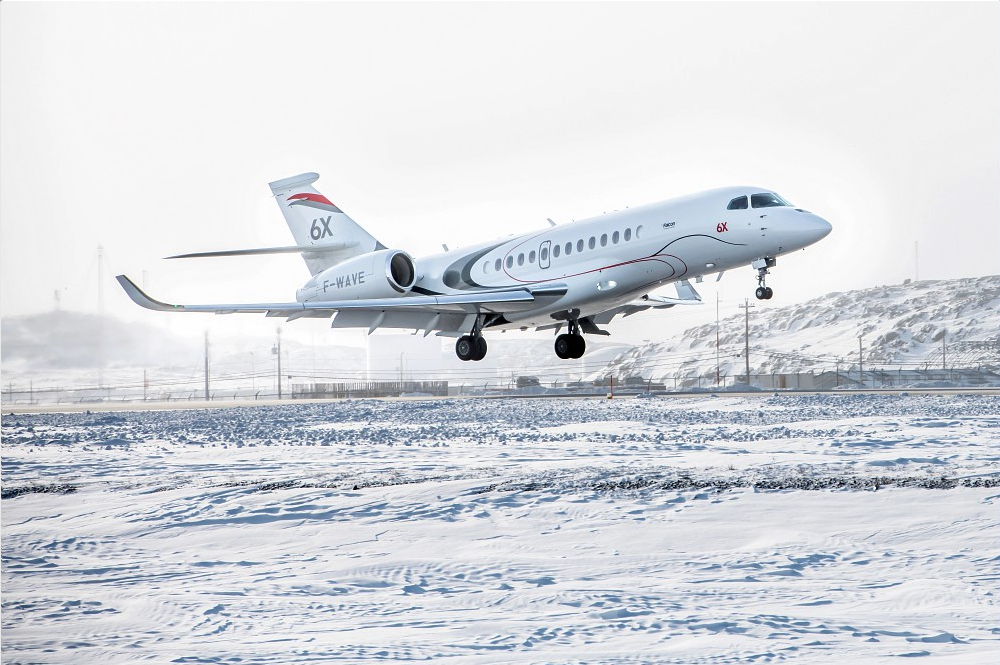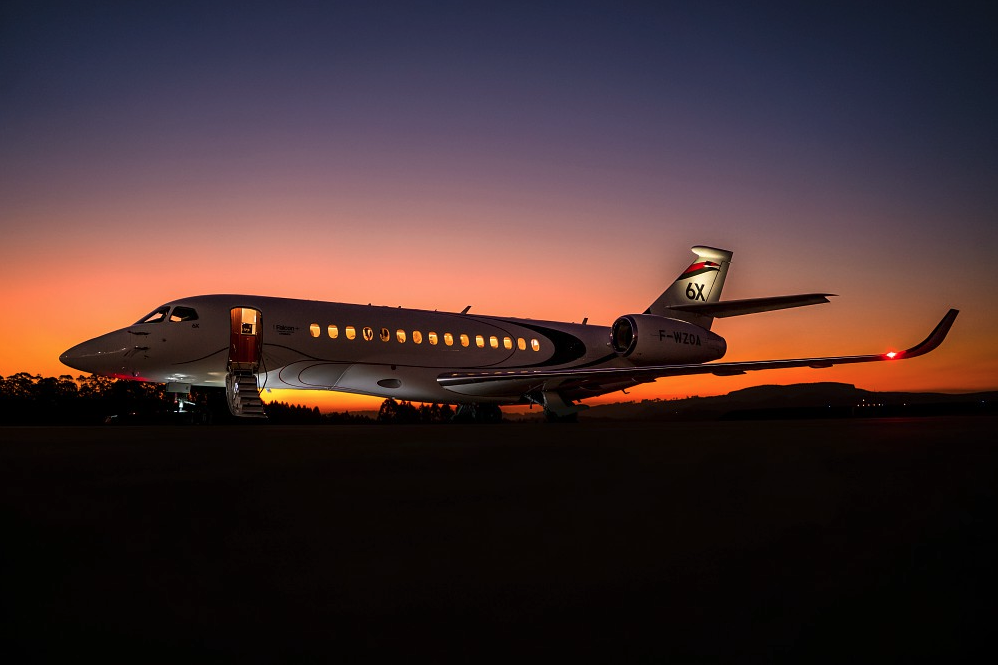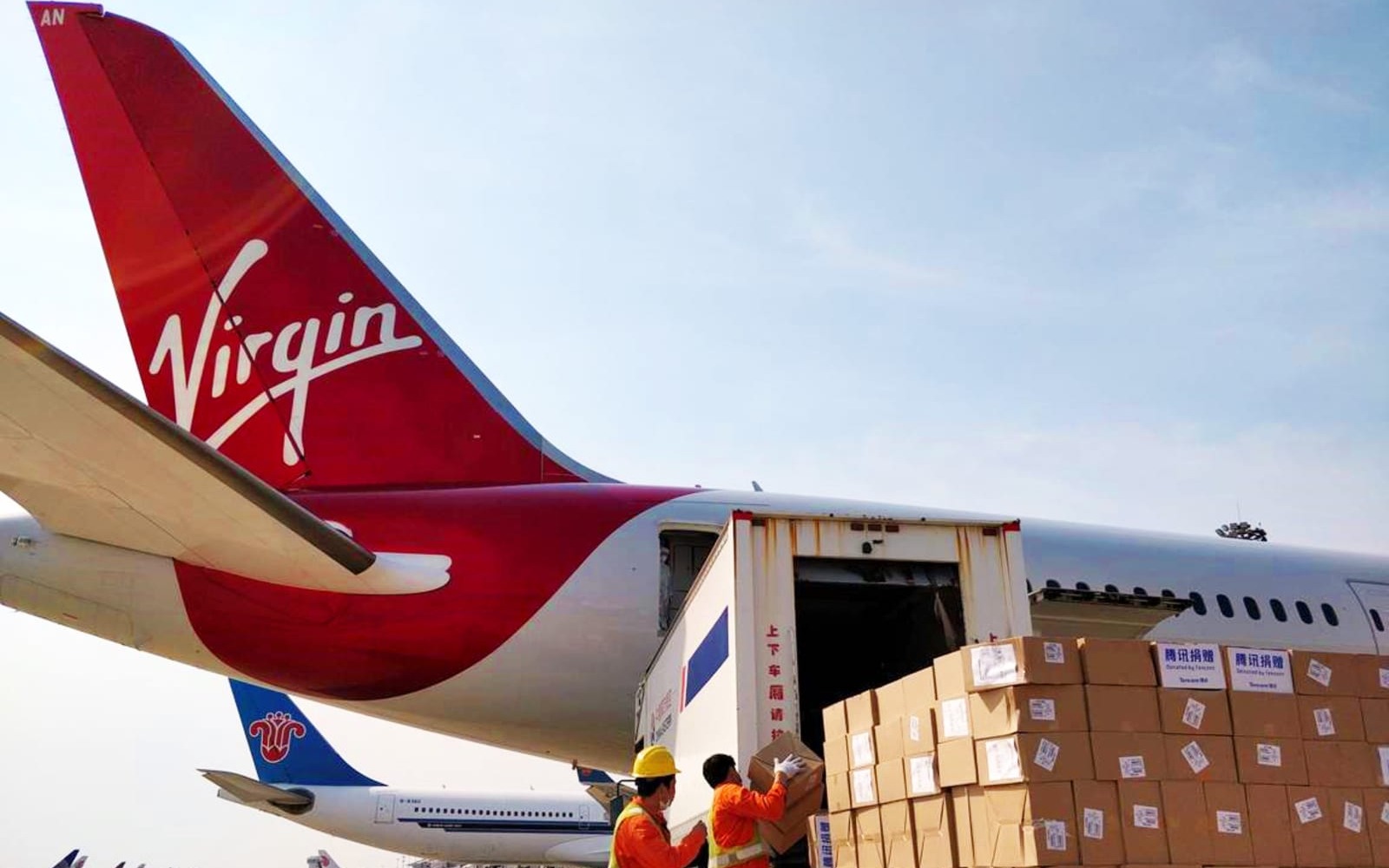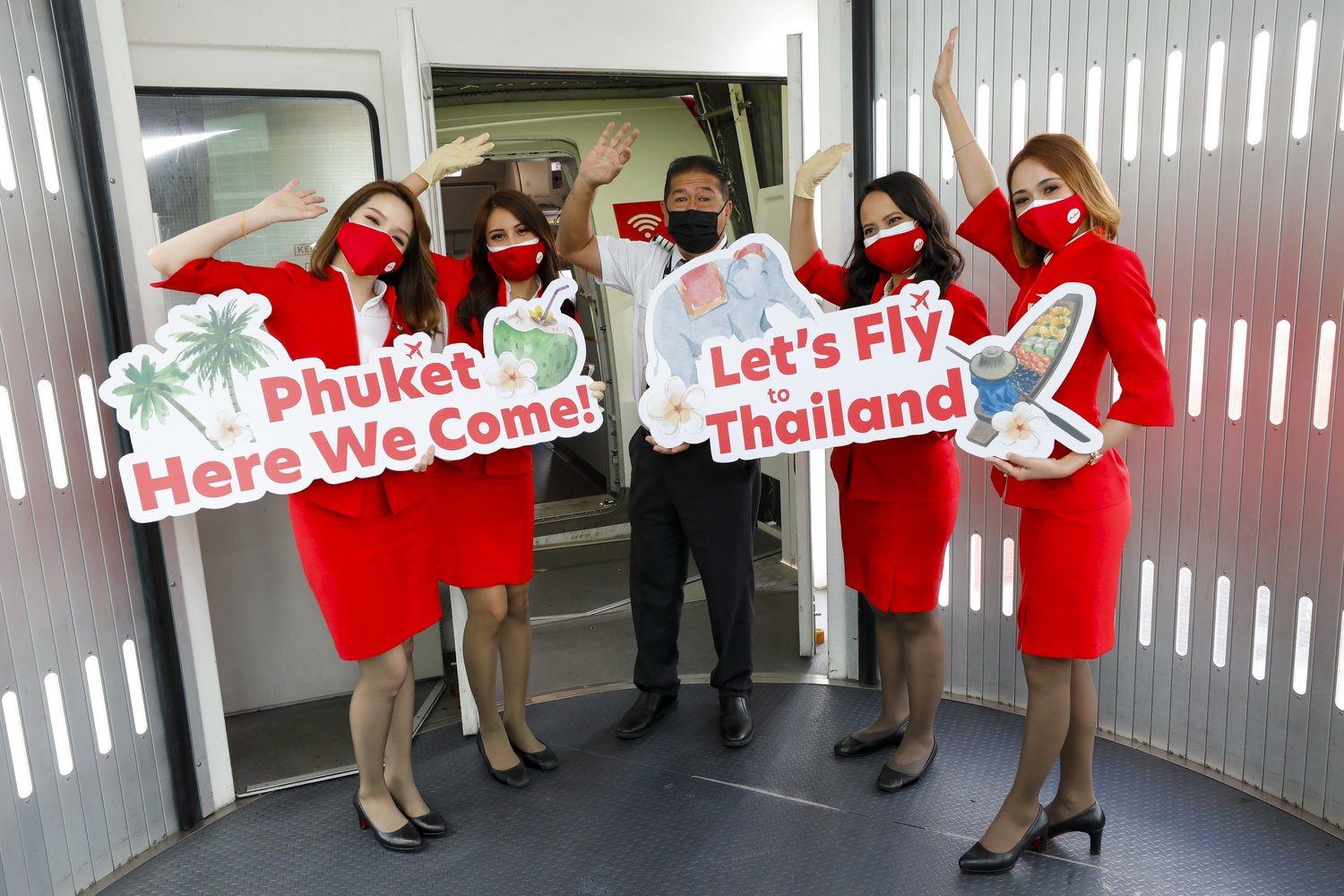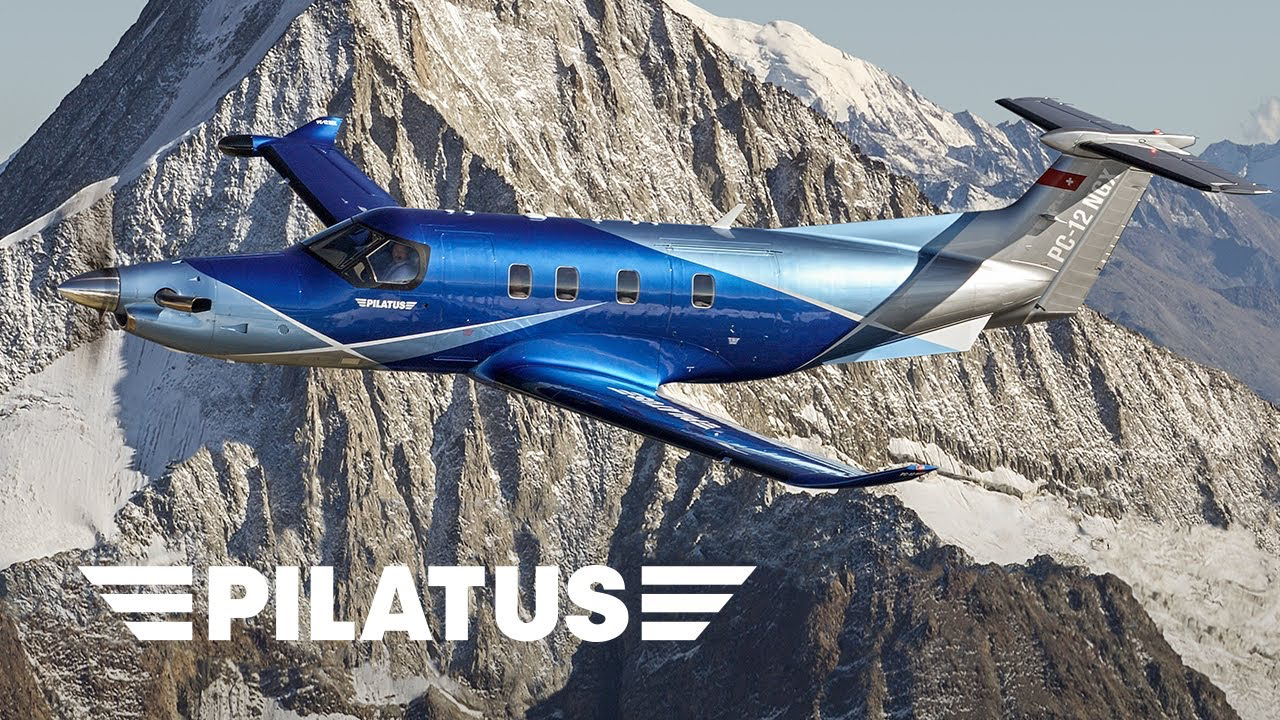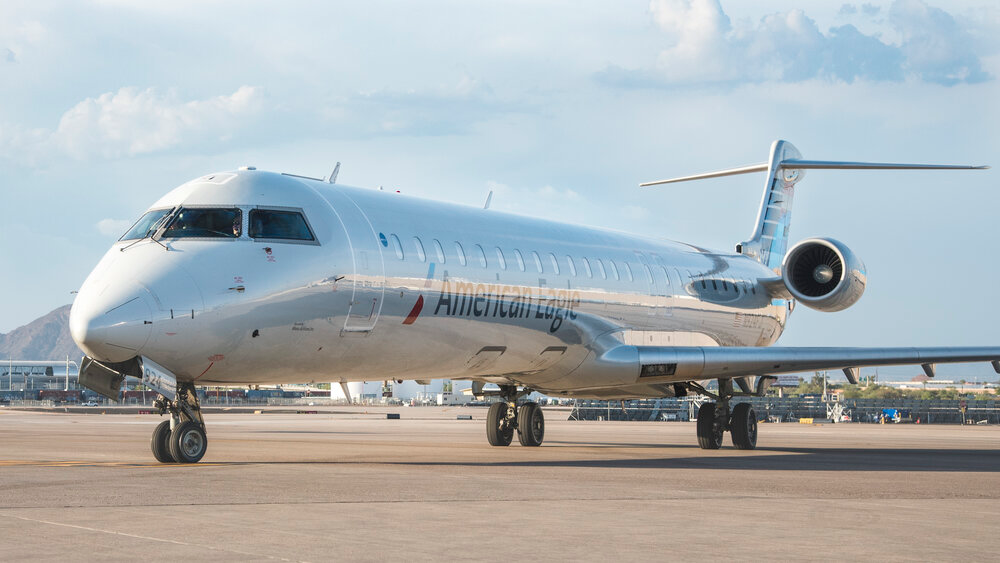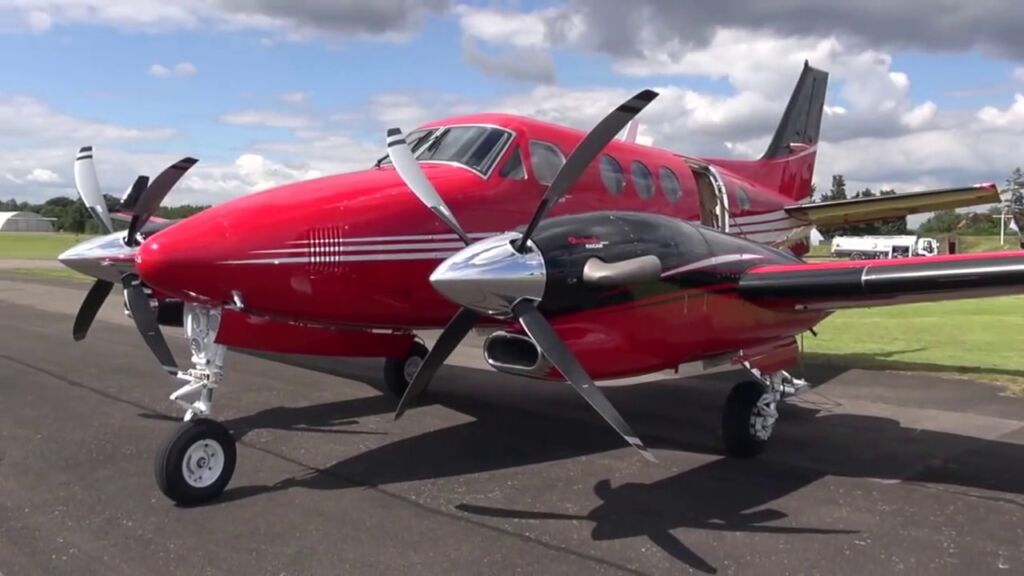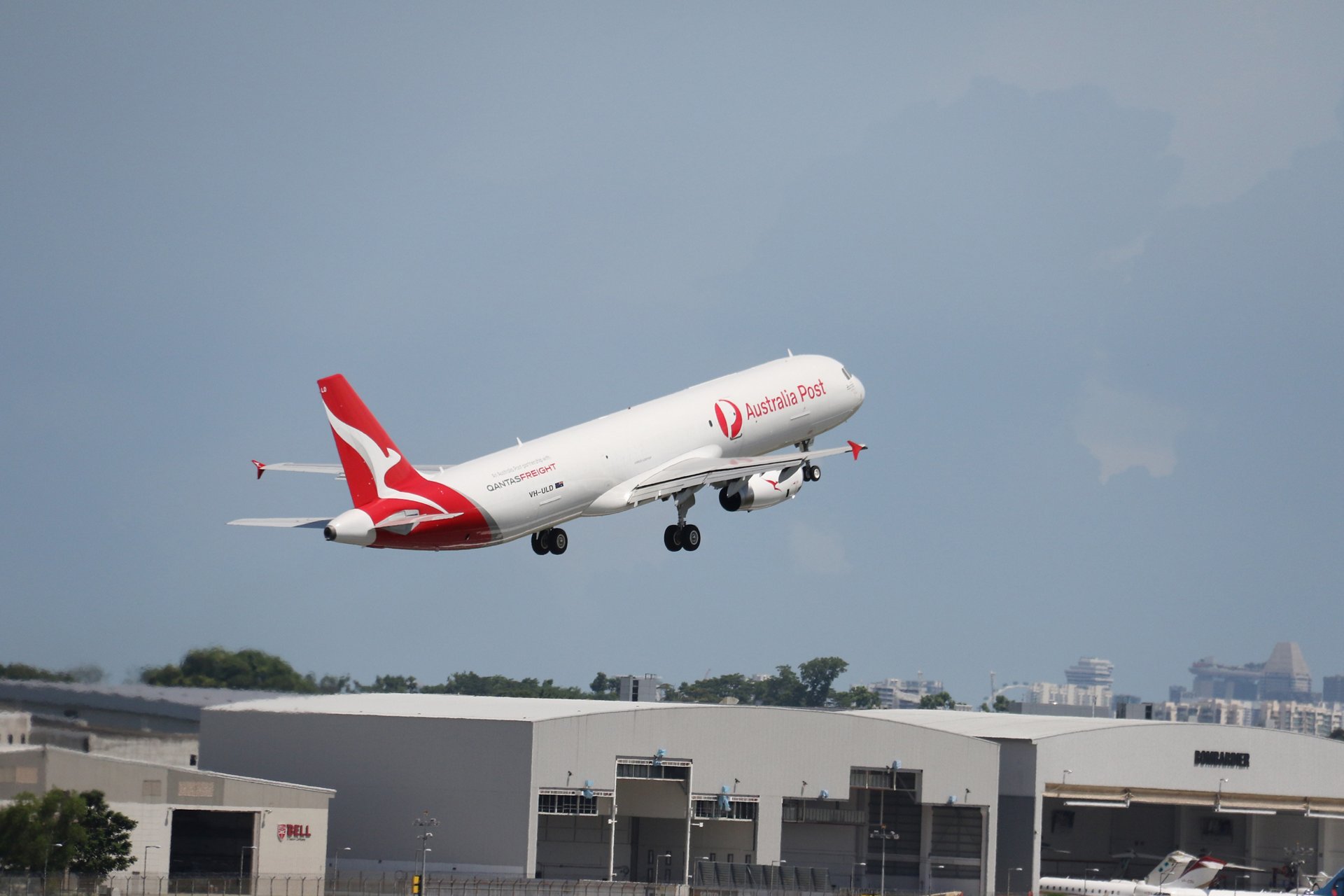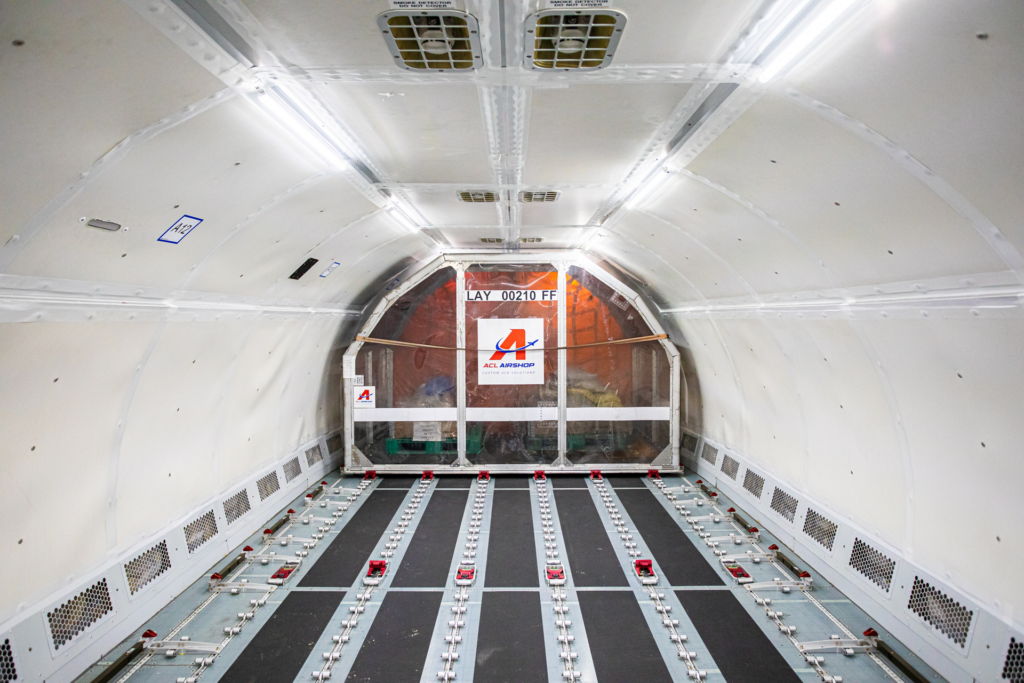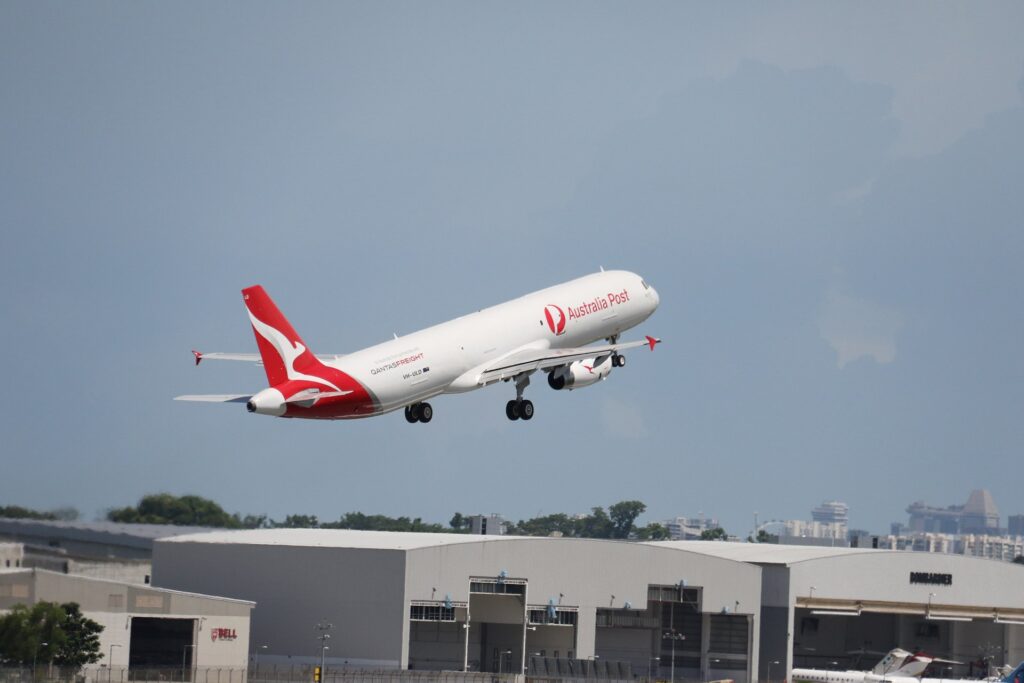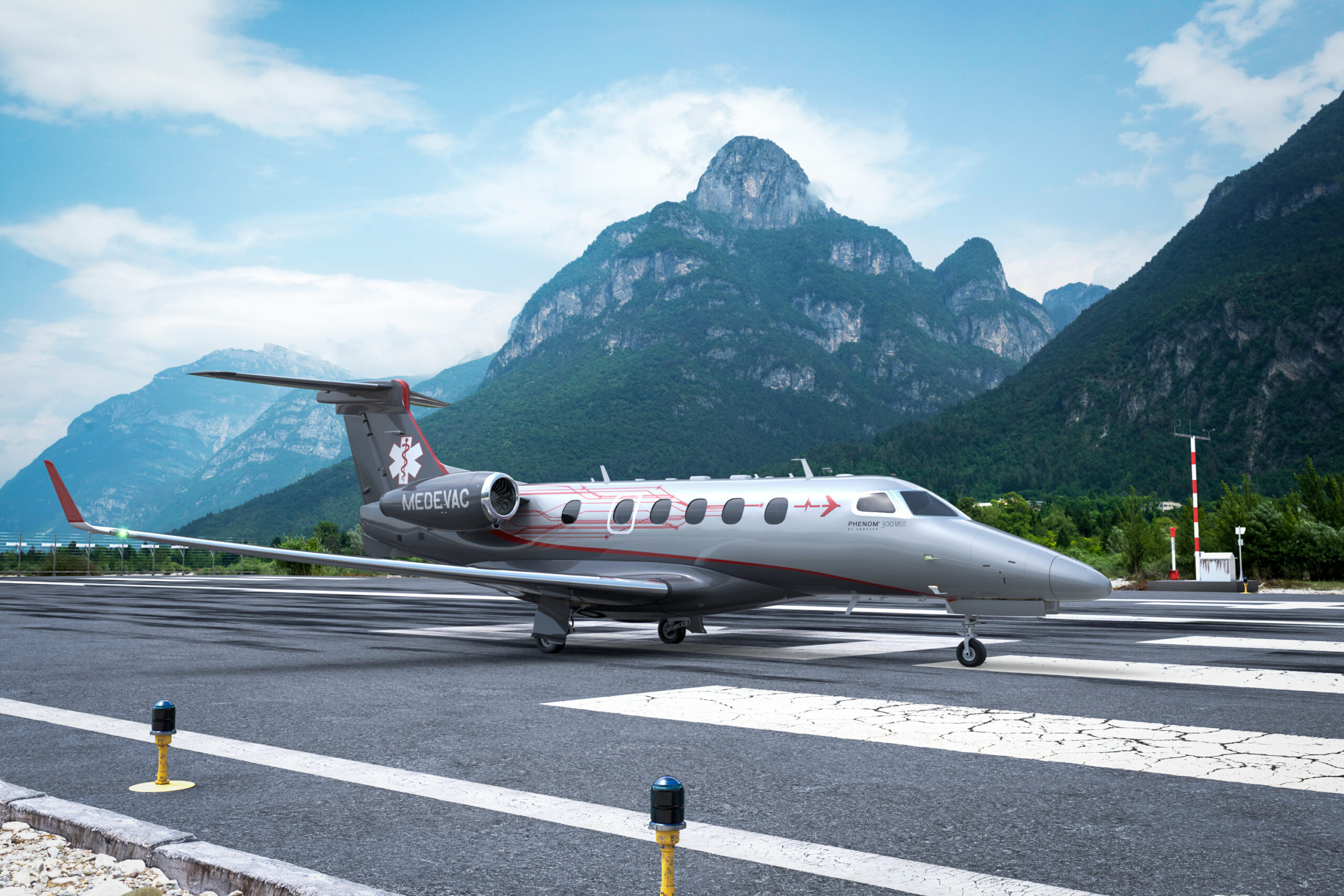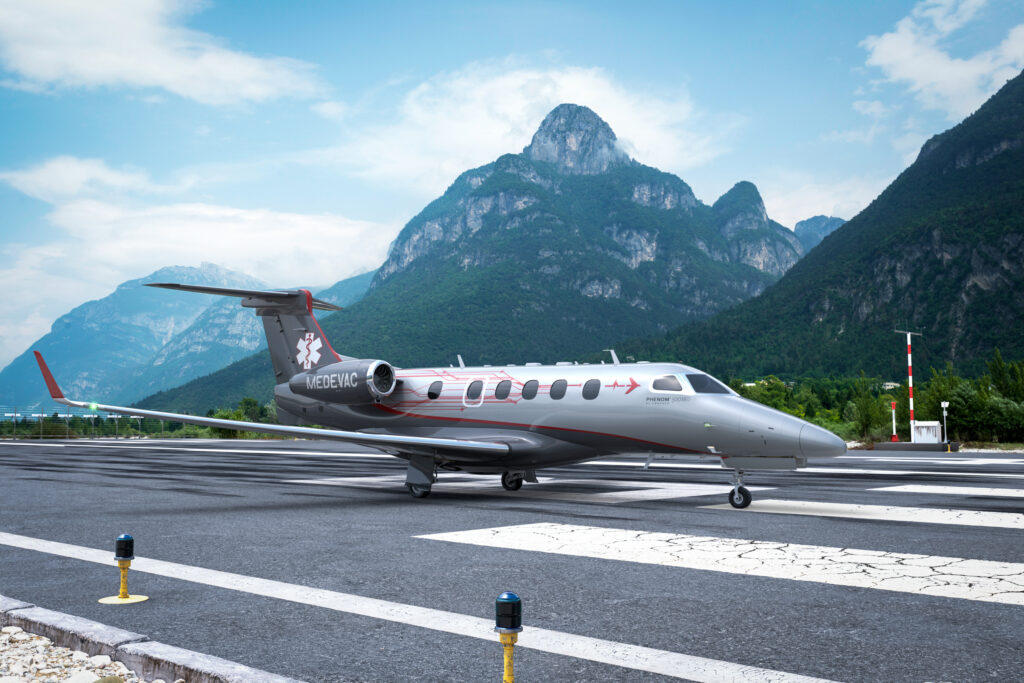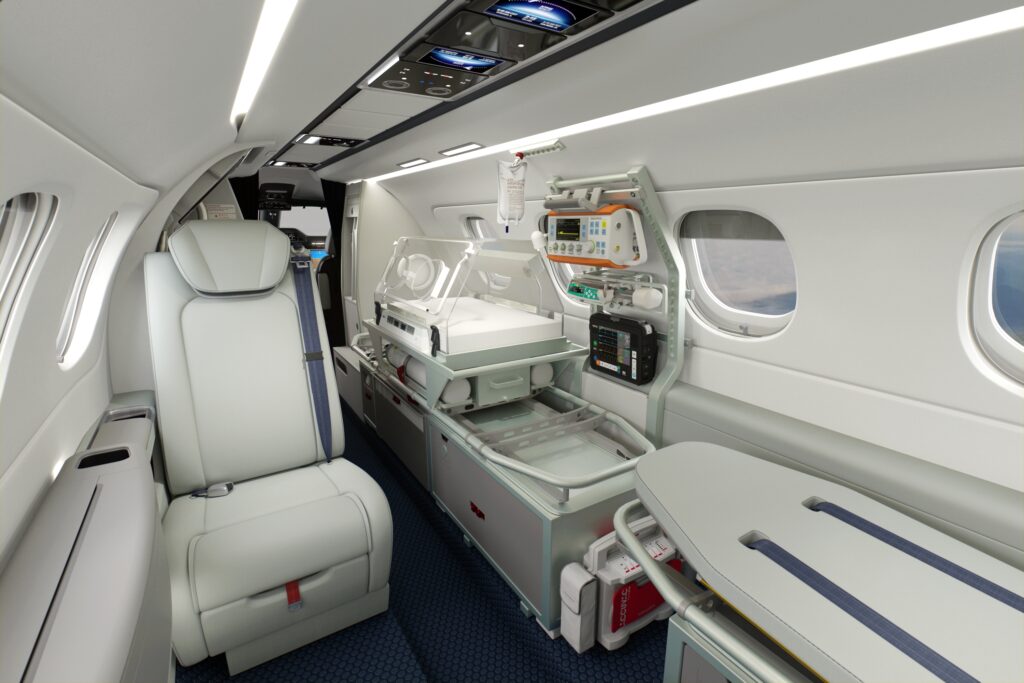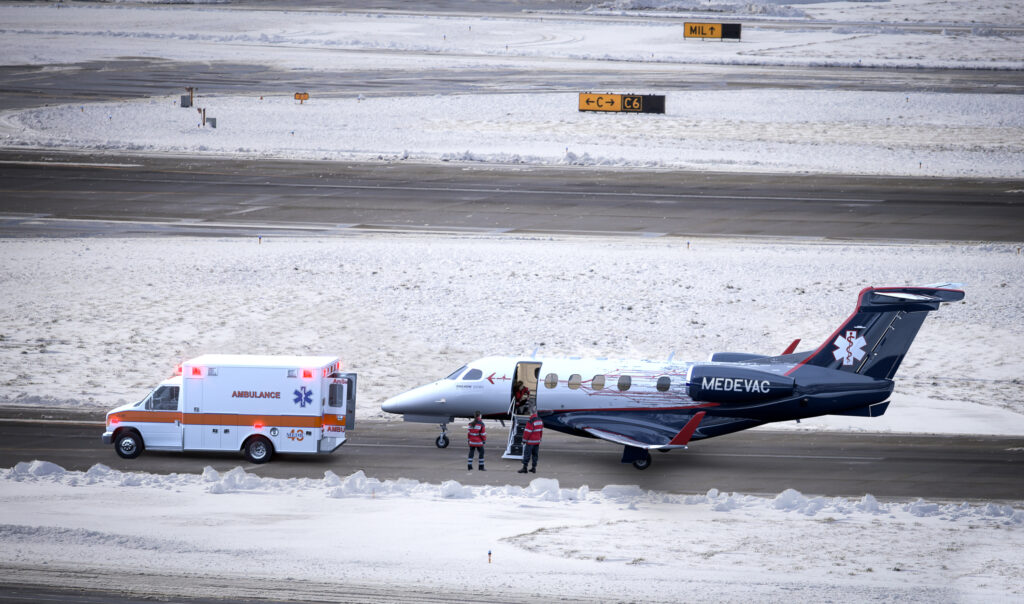October 25, 2023 – Deutsche Lufthansa AG (Xetra: LHAG) newly established City Airlines will start flight operations in the summer of 2024. The airline was founded last year and received its Air Operator Certificate (AOC) from the German Federal Aviation Authority back in June. It will operate its flights from the Munich and Frankfurt hubs and thus also offer feeder flights for Lufthansa. City Airlines will operate alongside Lufthansa CityLine. Recruitment of operational staff will begin in November 2023, with pilots and cabin crew members needed for the launch.
The competitive strengthening of the short-haul network is essential for the market position of Lufthansa Group and for the planned growth of the long-haul segment in the German market.
In order to position City Airlines for the long term, English-speaking pilots are also being considered in the recruitment process for cockpit roles. Applicants with prior experience will be given preference during hiring. For Group employees interested in switching to City Airlines, offers with voluntary switching conditions can be negotiated. This includes Lufthansa CityLine staff in particular.
Talks with the social partners to agree on conditions for competitive and secure jobs have already begun.
Lufthansa customers and passengers can look forward to a Lufthansa customer experience on board City Airlines aircraft. While City Airlines will start operations with Airbus A319 aircraft, Lufthansa Group is currently also evaluating the possibility of using Airbus A220 or Embraer aircraft.
